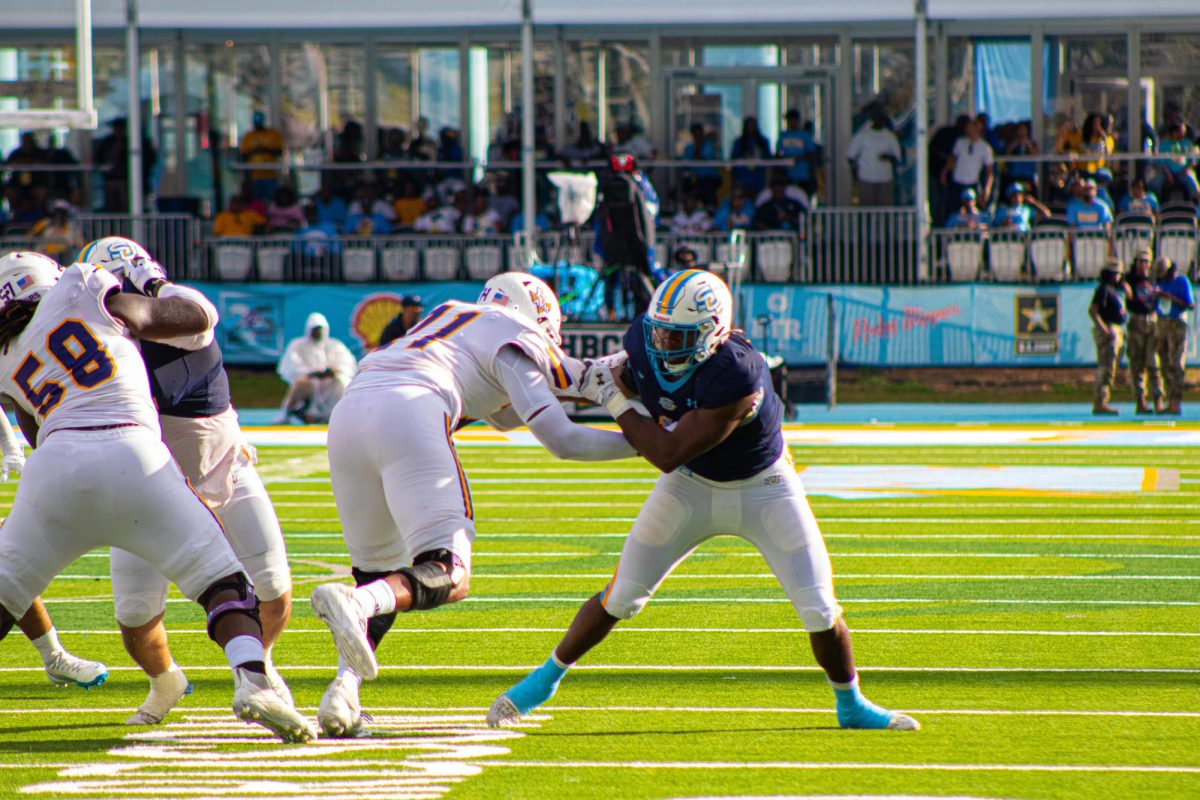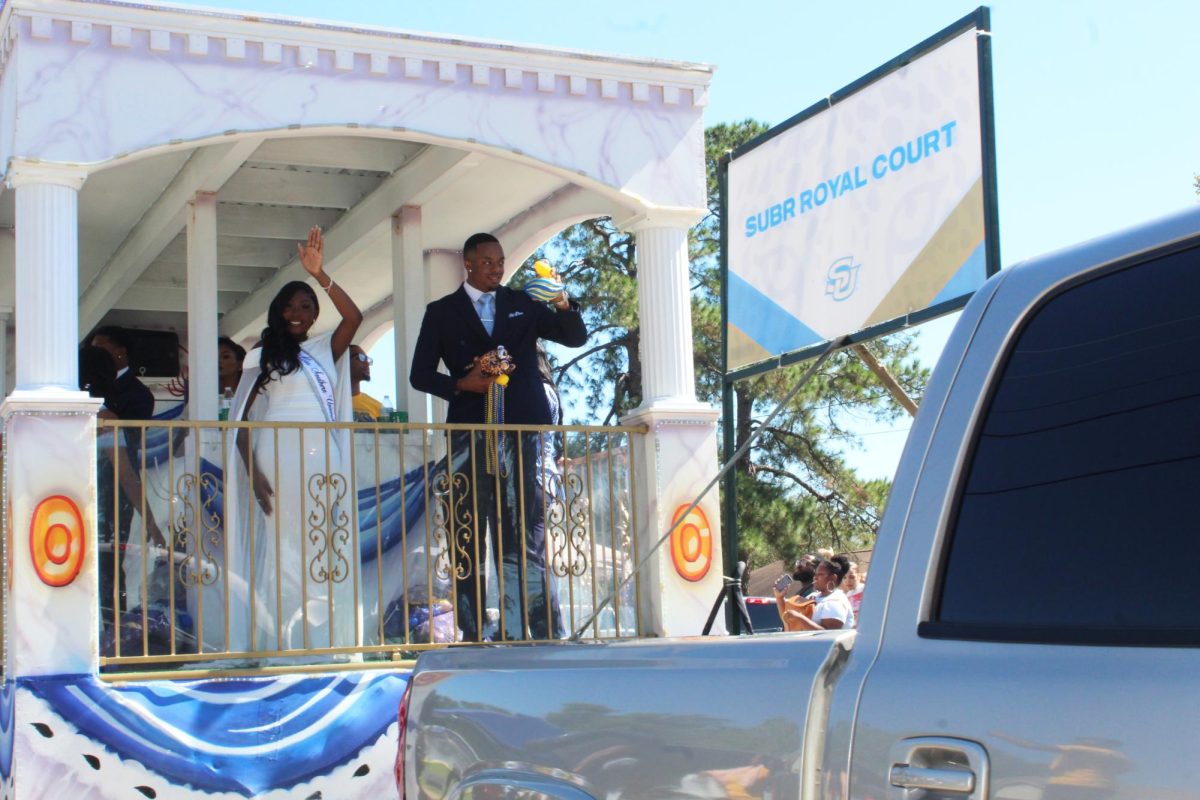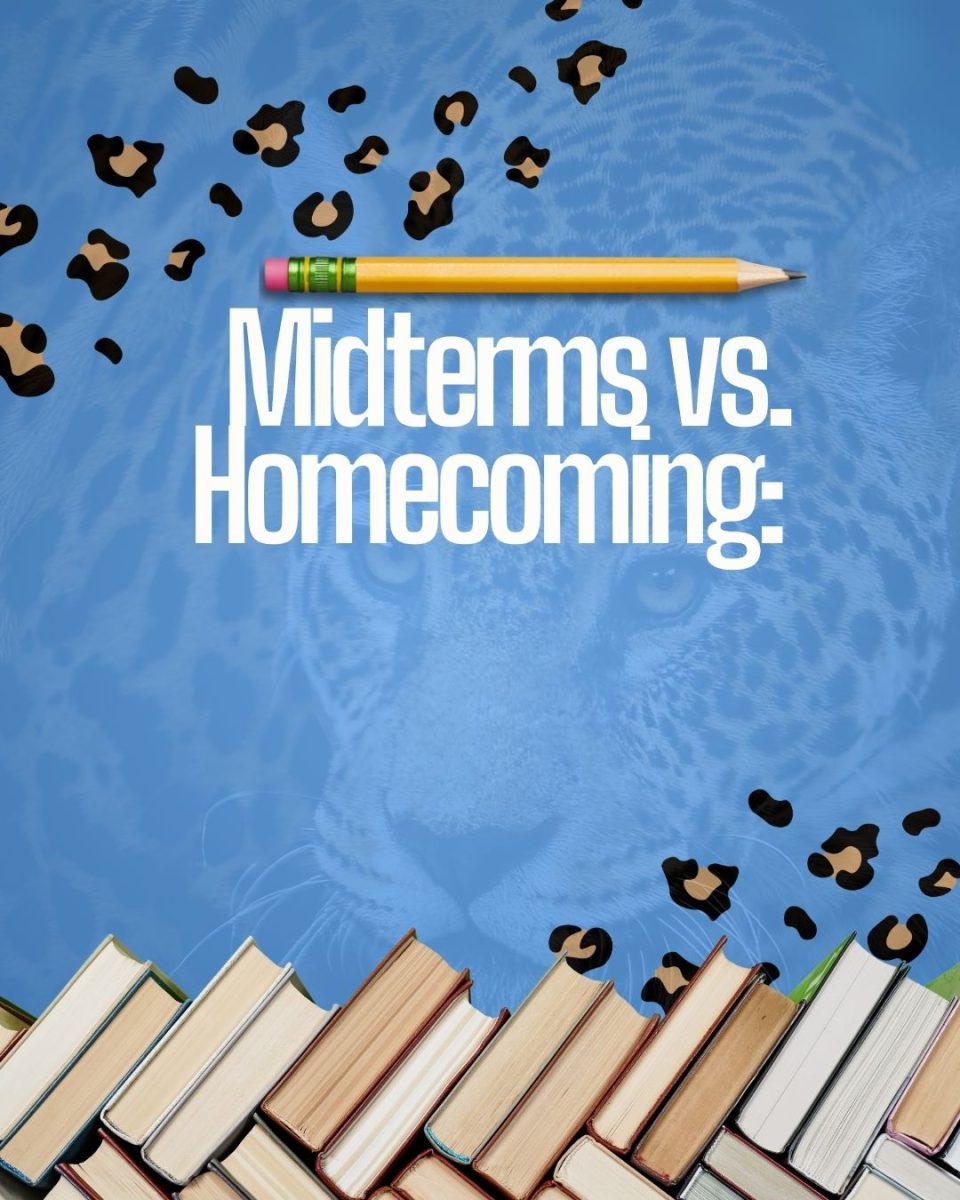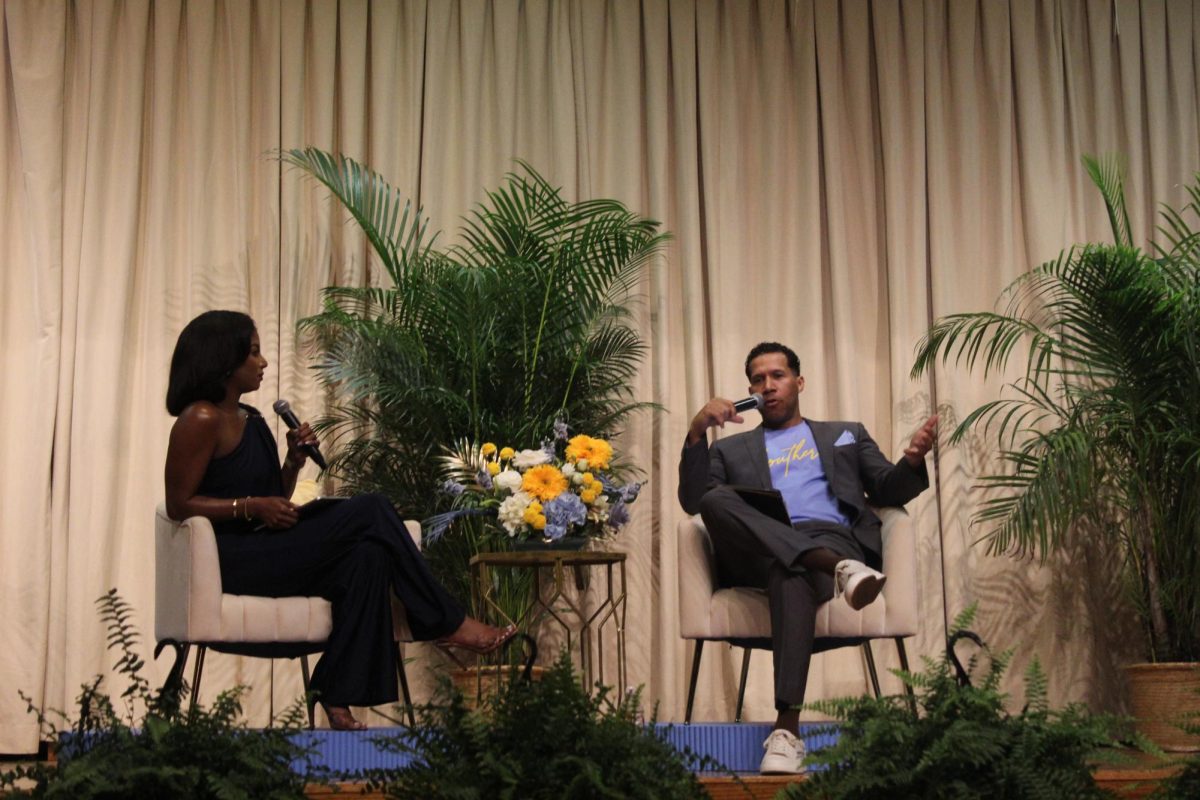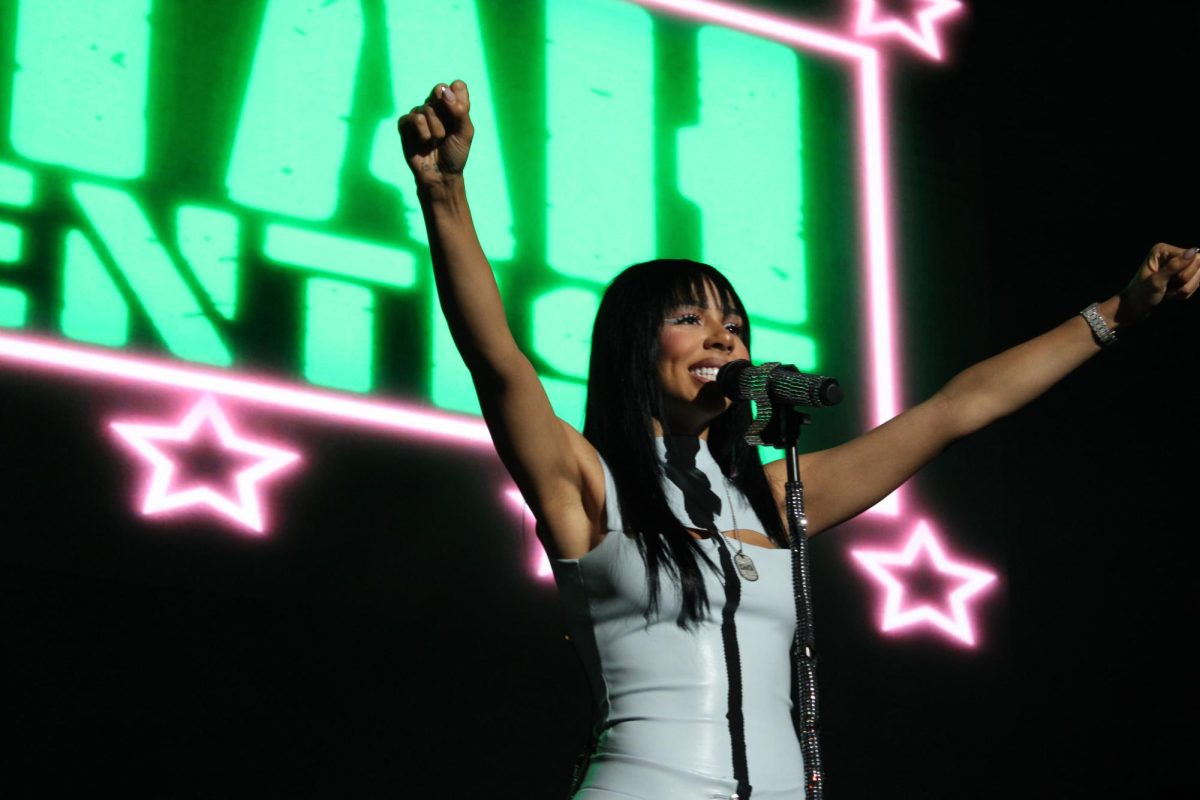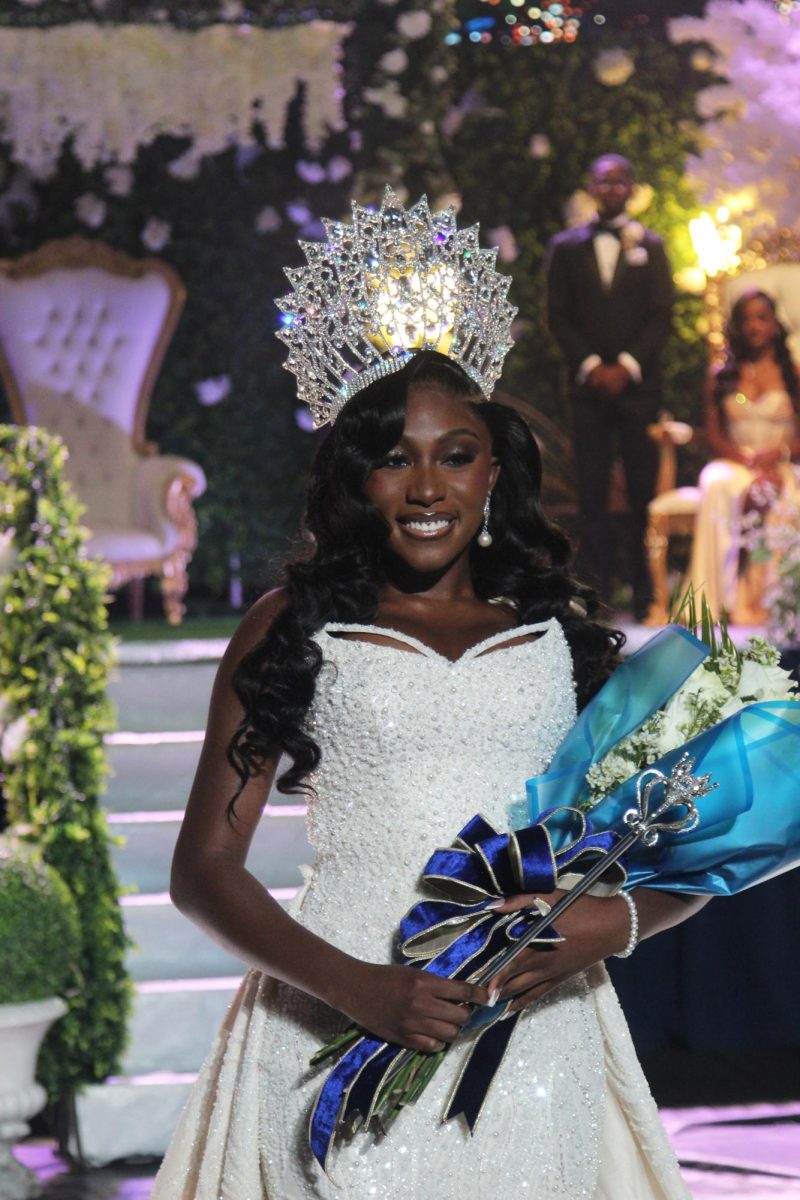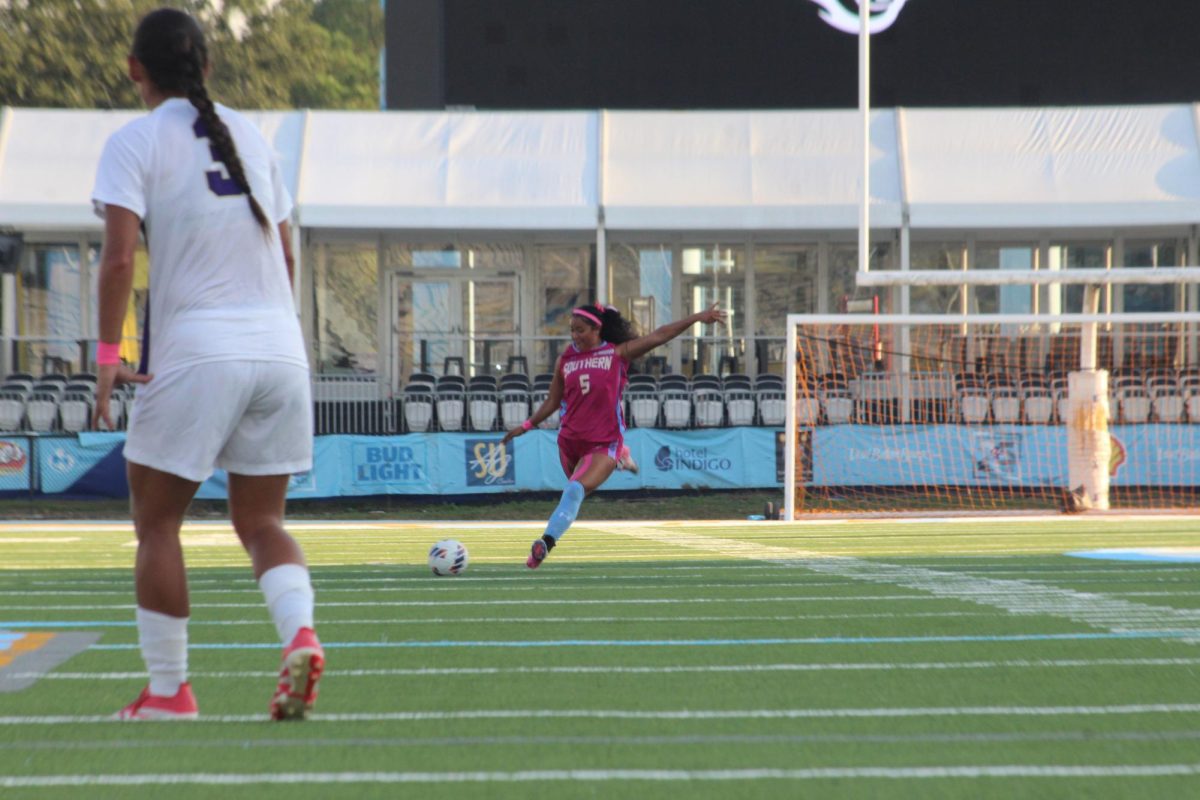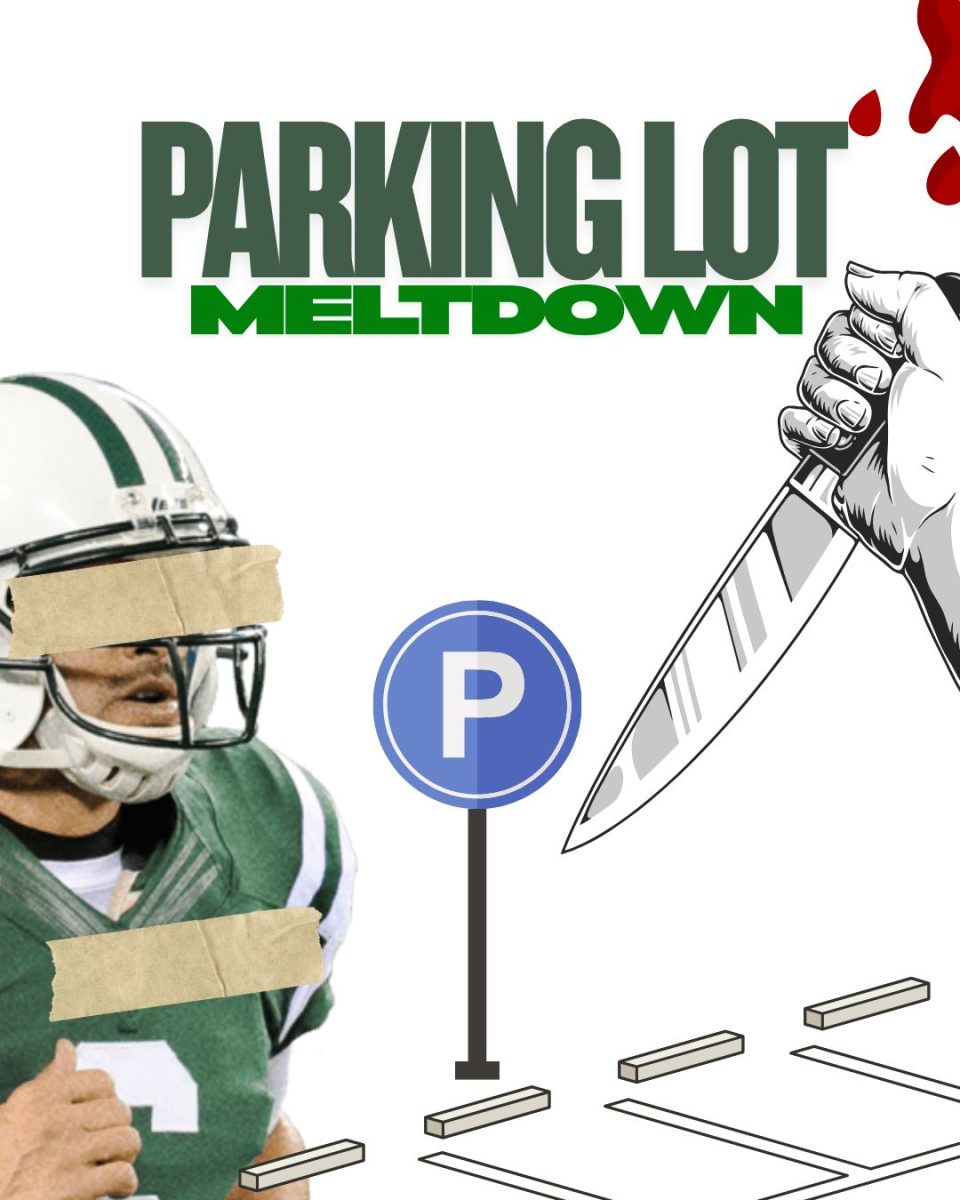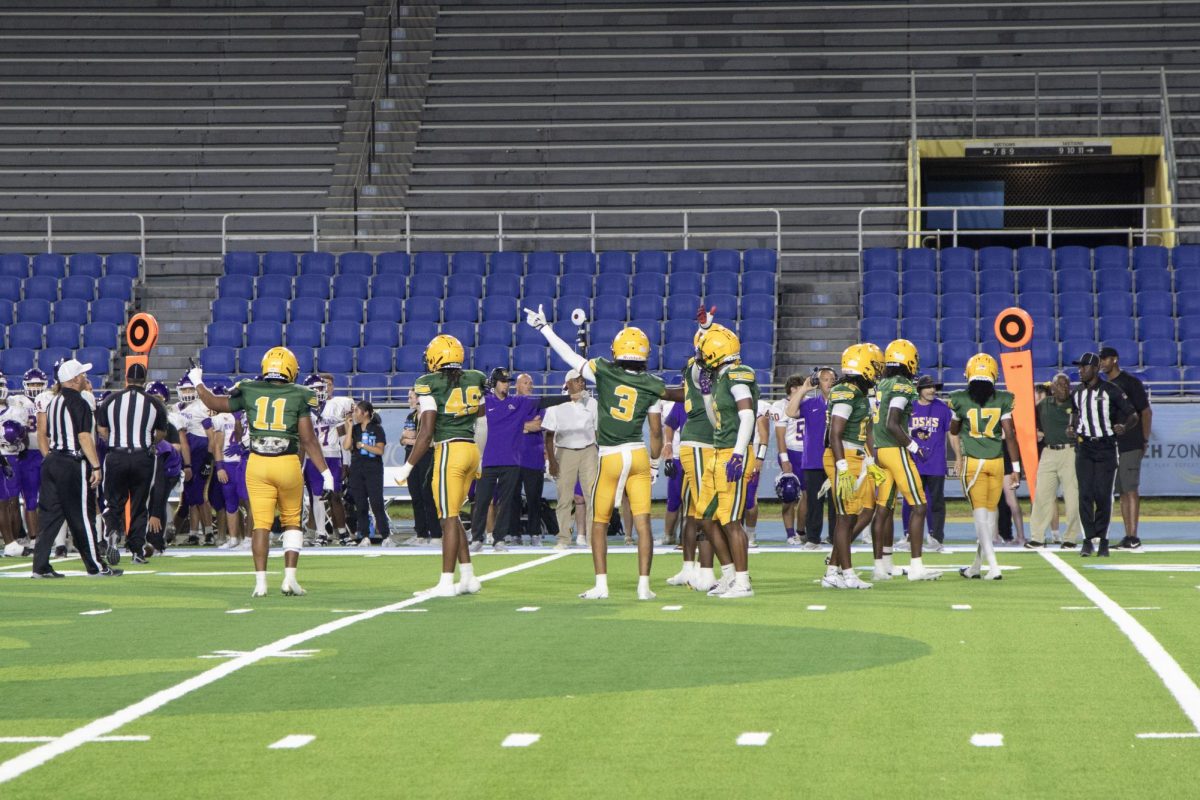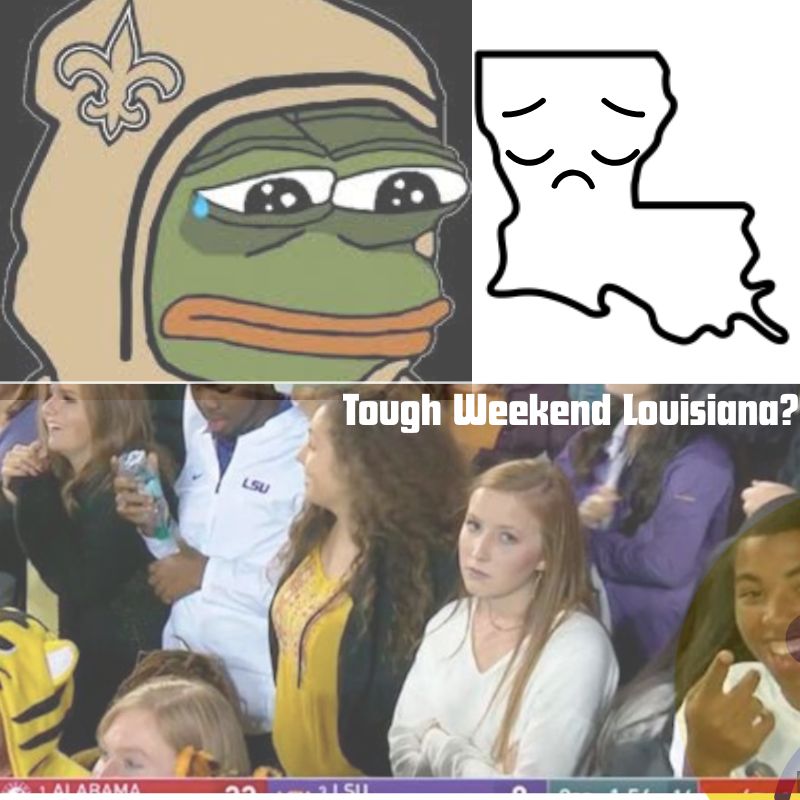Sports and politics are combined today to an unprecedented degree, with athletes using their platforms to speak out against cultural injustice. Public reactions tend, however, to point out a double standard that does not save Black athletes from the scrutiny that White ones often have left immune. This, therefore, manages to counteract social biases on how athletes will be perceived upon speaking out about politics.
Colin Kaepernick was a renowned example who began a hot national debate about police violence and racial justice by taking a knee during the playing of the national anthem. The backlash he received showed how tough it can be for Blacks to be political in athletics. Similarly, LeBron James has been vocal about social justice and voting rights to find himself met with the same pushback, wherein some critics constantly plead that athletes “stick to sports.” The backlash with these athletes touches on an expectation of Black athletes not to discuss politics, even though their platform allows them to be social activists as well as players.
Last weekend, during the NFL game, mega-star Nick Bosa sported a MAGA hat going into the game, which is a political statement, he dodged any questions about it later in his post-game interview, as he avoided answering questions, that went mostly unchallenged-some sharp contrast with how Black athletes are usually subjected to an excessive amount of scrutiny. This is part of a larger privilege afforded to white athletes-the prerogative to become politically engaged or disengaged without suffering the same level of public backlash. Bosa’s case is similar to that of Tom Brady, who, despite having a large platform, enjoyed his friendship with former President Donald Trump without much controversy.
Social media amplifies such double standards. While Black athletes face backlash for posting about social issues that threaten their endorsements and public standing, white athletes are often given more leeway. This disparate treatment between Kaepernick and Brady speaks to a social double standard in which the political decisions of white athletes are benign or irrelevant and those of Black athletes will be put under a microscope.
This is a very complex, multilayered public perception of the role of an athlete in political discourse. Some feel that with their influence and visibility, athletes should have something to say about issues affecting their communities. Others perceive that sports are no place for political views. Often, these opinions are highly dependent on the race of the athlete and the issue at hand. The backlash against Black athletes engaging in political topics underlines a sustained expectation that they remain entertainers, not activists.
This dynamic speaks volumes of the deeply ingrained social expectations and biases of sports and politics, but it also forms a way in which athletes change their public roles. As the conversation of racial justice and political engagement grows louder in the sports world, professional athletes are making one thing clear: they aren’t staying silent on issues that mean a lot to them. This evolution of athlete activism really serves to underscore one undeniable truth: sports figures are turning loud and clear voices for social change, challenging the norms in their industry and pushing for an increasingly broad view of what place athletes should be allowed to occupy in society. The marriage between sports and politics is decidedly here to stay while athletes are redefining influence both on and off the field.
